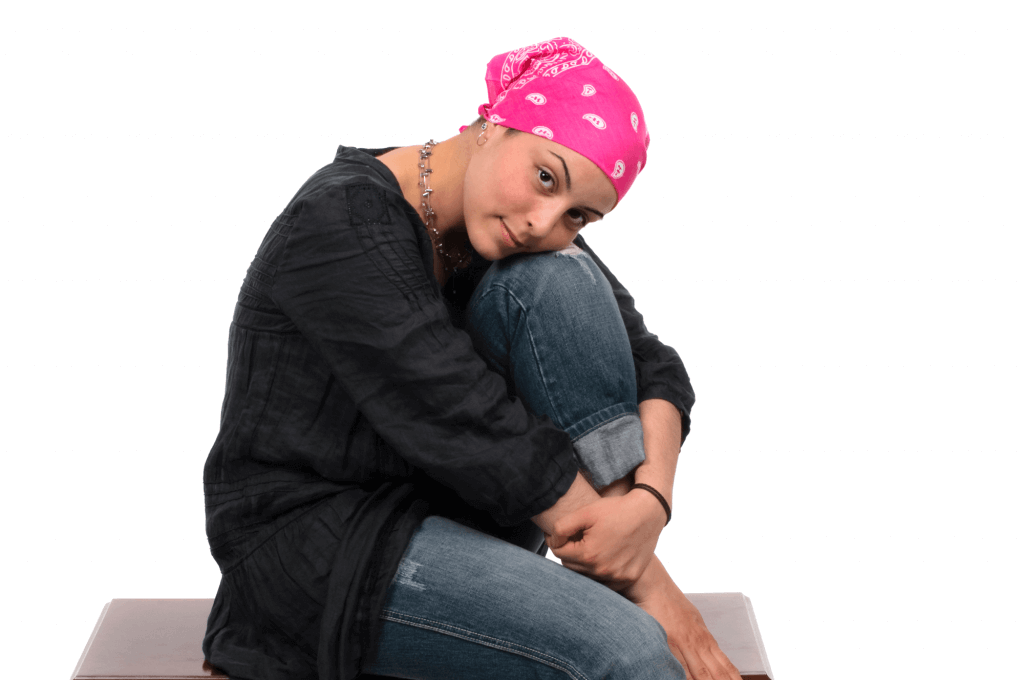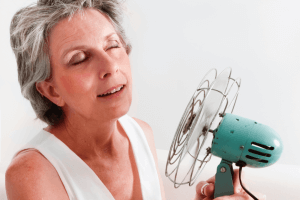Teresa's cancer battle was tough enough. Now menopause...

Artificial menopause can result from chemotherapy
Teresa is only 38. At the age of 37 she was diagnosed with breast cancer. She had a mastectomy and breast reconstruction followed by chemotherapy and radiotherapy.
Within months she was having menopause signs – not uncommon when chemotherapy is toxic to the ovaries causing destruction of eggs.
Early menopause a cruel blow
Just when Teresa had felt that she was emerging from the endless rounds of doctors, surgeons, hospitals and feeling rock bottom, early menopause felt like the cruelest blow.
No gentle slide in to menopause for her. Doesn’t she have enough to cope with already without her body spiraling out of control again?
She wonders if her life will ever truly be normal again.
Related Articles

Viv’s Aware of Post-Menopause Body
What does this mean for her? Postmenopausal for the rest of your life! Viv is 58 and had her last

Rachel gets Persistent Hot Flushes
Are you feeling the heat of menopause like Rachel? Rachel definitely knows she is menopausal Rachel works full time in

Early Menopause for Teresa
Teresa’s cancer battle was tough enough. Now menopause… Artificial menopause can result from chemotherapy Teresa is only 38. At the

Lisa is Perimenopausal
Lisa is in perimenopause but doesn’t know it. Could you be like Lisa? Lisa is 46 years old and leads






